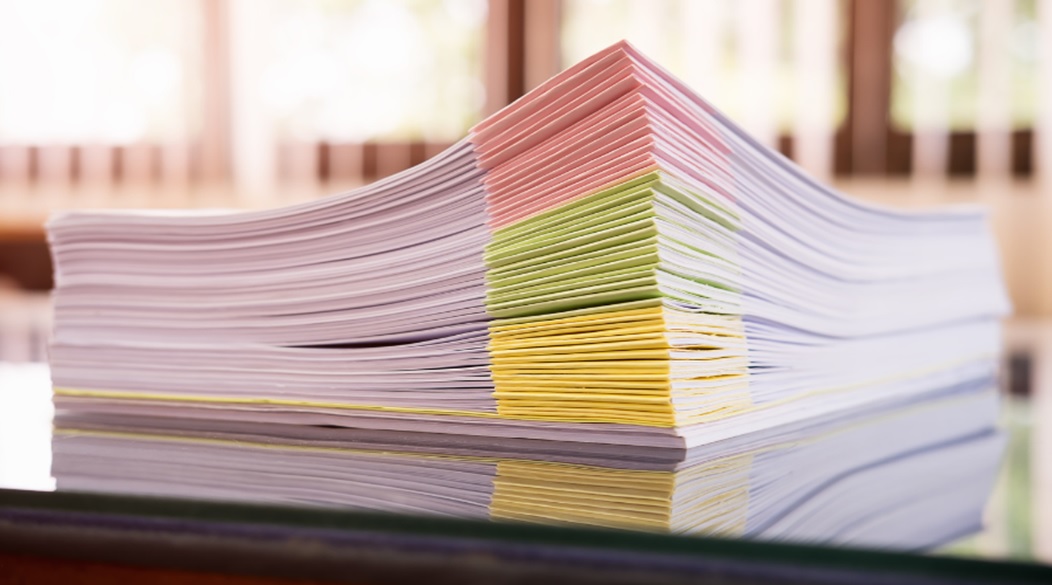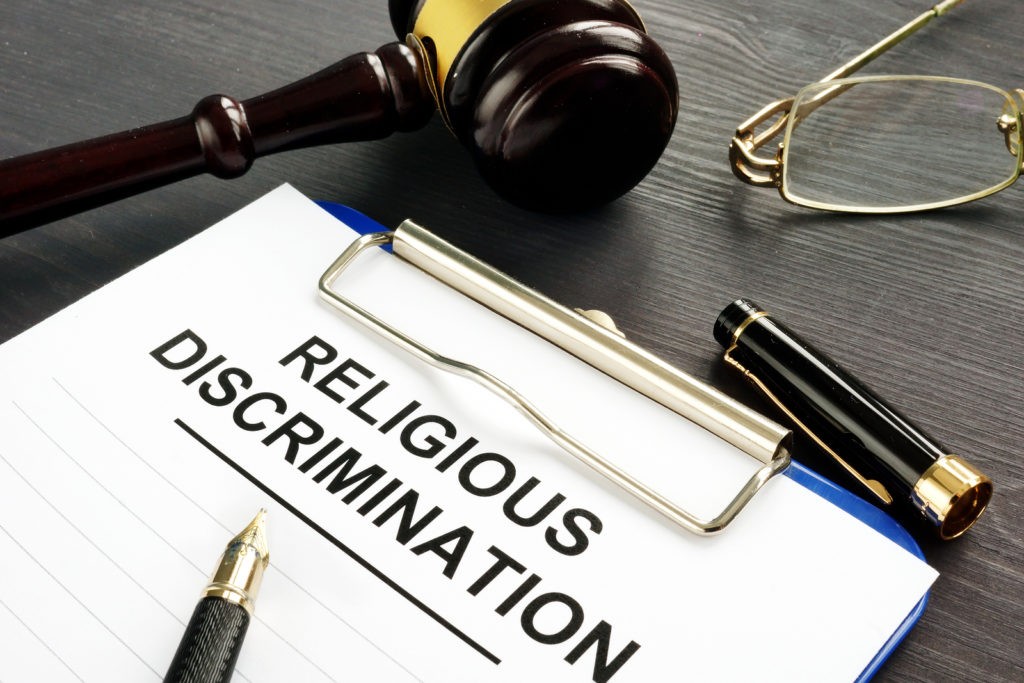
They can affect not only your personal finances but also your career and quality of life in general: One of the most trying and potentially life-altering experiences is going through a legal case or proceeding. The stakes are too high to rely on a cell phone, a sellotape recorder, or a notepad to keep track of your legal documents.
Many people’s first thought when they hear of court reporting in Honolulu services is of the court reporters who work in the various courts. Most people assume that court reporters only work in courtrooms, but this is only one of the many fields in which they are proficient. It’s true that the majority of the over 50,000 court reporters in the US work somewhere besides a courtroom; in fact, that number is closer to 70%. Read on to find out about the many alternative careers available to court reporters.
Within the Courts
Common belief about what a court reporter does. In a courtroom setting, these professionals must be able to accurately type at least 95% of what is said in order to do their jobs. This transcript is not only a public record of the proceedings, but it is also stored in a database where it can be referenced and analysed for use in future litigation.
Finding Specific Legal Professionals and Organizations
To work for a specific law firm or solicitor, court reporters can send their resumes in that direction. If they choose this path, they may be asked to do things like research, dictation, or translation for case-related paperwork.
Organization Responsible for Publishing Information about Legal Proceedings
In the United States, there are three different national court reporting agencies. Organizations in this category include the American Association of Electronic Reporters and Transcribers (Aaert), the National Verbatim Reporters Association (NVRA), and the National Court Reporters Association (NCRA). The headquarters of each of these groups can be found in the United States (AAERT). These groups are responsible for nationwide regulation of court reporters and final certification of reporters who have completed their respective training programmes. Those with reporting experience may find better opportunities outside of the judicial system.
In our state, certified shorthand reporters must obtain their credentials from the Court Reporters Board of California. Commonly, these professionals are referred to as court reporters (CRB). Before obtaining a licence, a court reporter must demonstrate their skills and knowledge. Hiring a certified court reporter is a wise decision because it increases the likelihood that your transcripts will be accurately, promptly, and expertly transcribed.
Due to the following reasons:
Accuracy:
When it comes to the official record, you only get one chance to get it right. A certified court reporter is trained to take down every word said in court and has the authority to ask witnesses to repeat themselves, raise their hands, or explain legalese if it’s unclear. A court reporter also provides a record that is word for word.
Qualifications
A minimum of sixty hours of internship is required, in addition to hundreds of hours of training in English, legal and medical terminology, and preparation for transcription, before one can sit for the three-part licencing exam required of court reporters.
Courts will only accept transcripts that have been certified by a court reporter who is properly licenced to do so in that state.
Documentation: The accuracy of transcripts taken during the initial proceedings is crucial to the success of your appeals.
Regulation If you have a problem or disagreement with a licenced court reporter, you can file a complaint with the CRB, and the board will look into it and make sure that the law is followed.
If you need the services of a court reporter, you should verify that they are properly licenced by the CRB. Find out what you need to know to hire a licenced court reporter in California.




